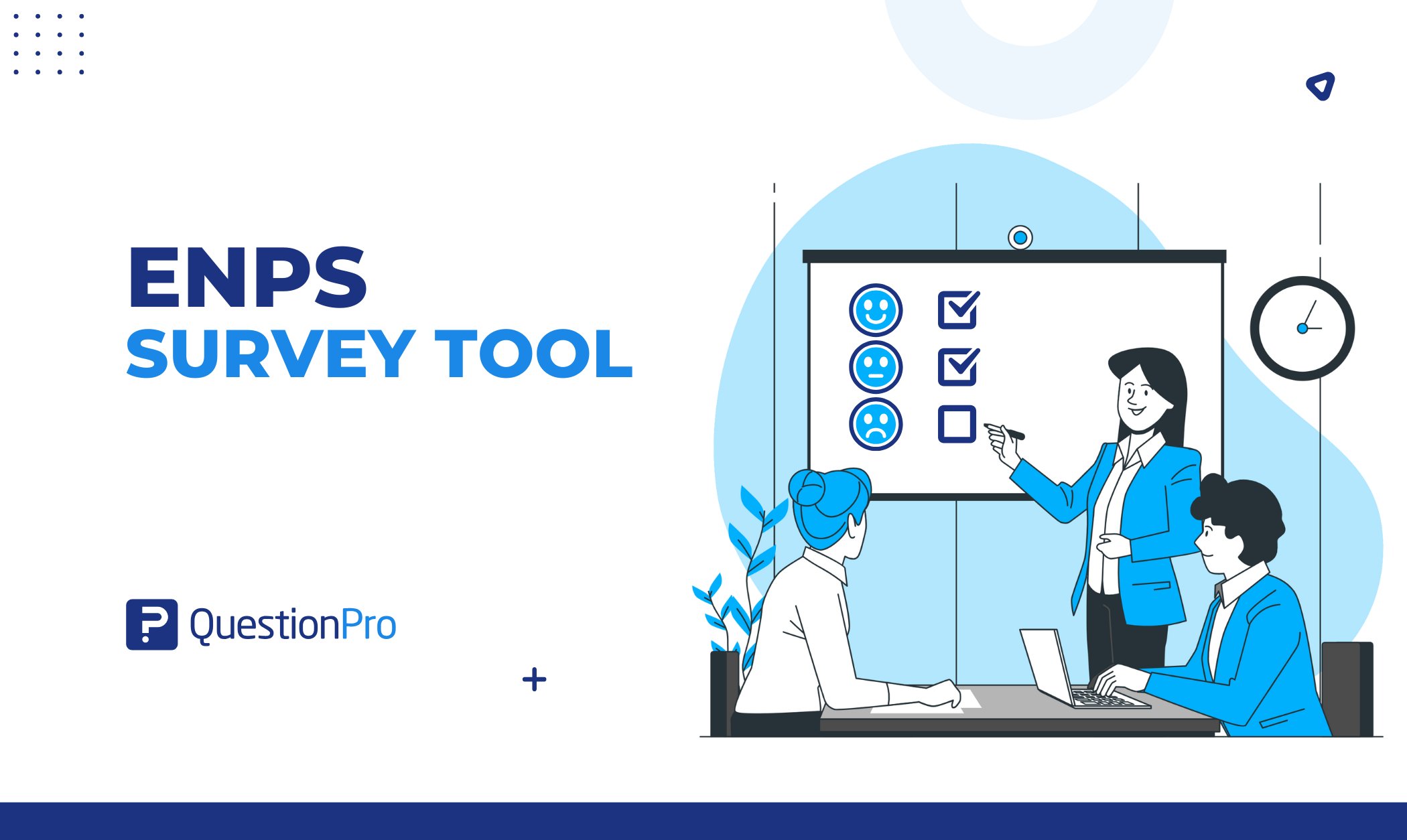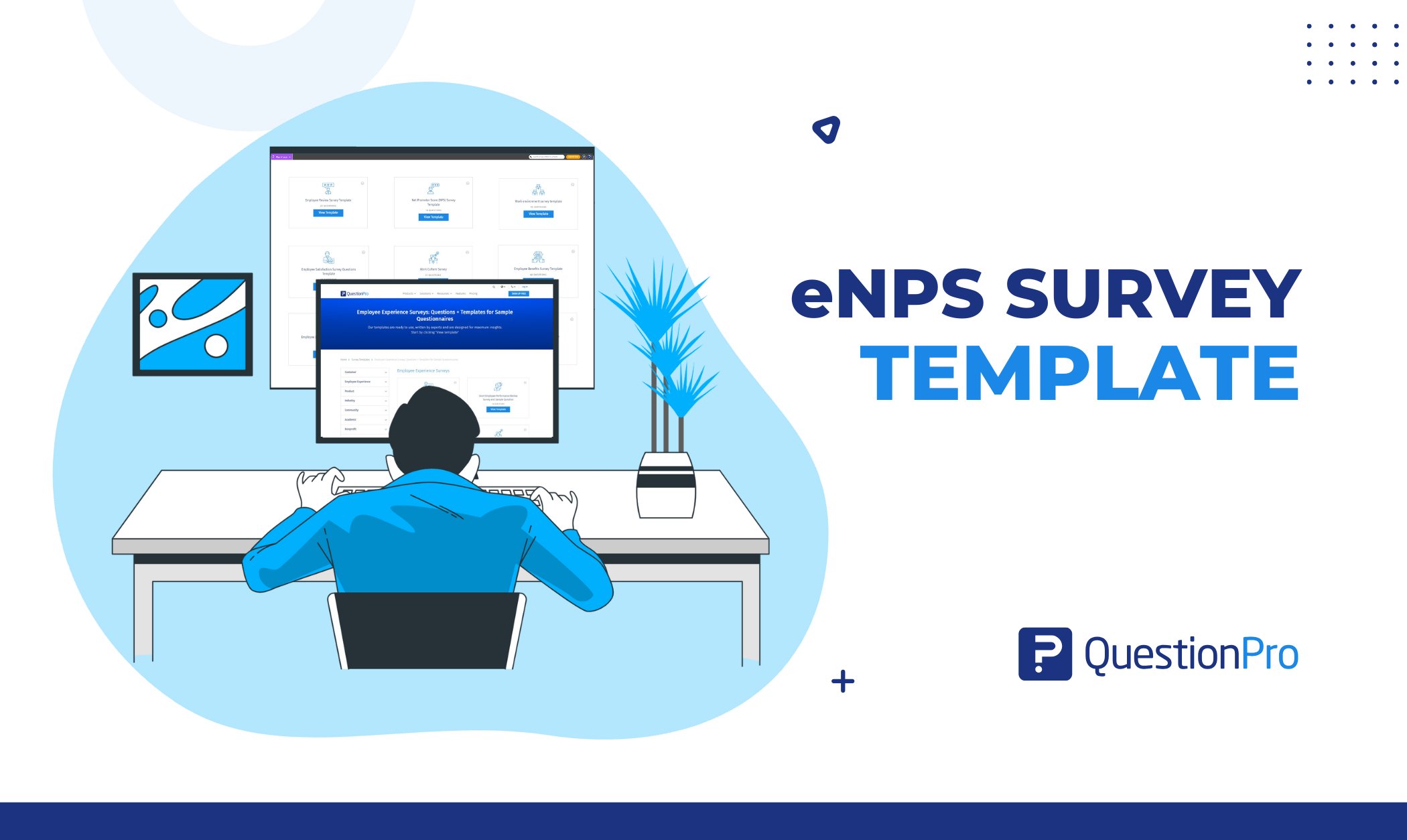
Academic research is critical to the success of a university, involving the whole system participating in it, whether it’s students, faculty members, or administrators. Although research is stereotypically associated with being in a laboratory mixing substances, the reality is that academic research involves all disciplines.
As a university student, you probably have many subjects to take, pending projects, and academic research to do. As part of that research, collecting information and data is essential for a final delivery that will give you an A and a 100% reliable result. Researchers use academic papers to earn colleagues’ respect, be a pioneer in their respective fields, and participate in future related research.
But how do you create an excellent quality academic research paper? Why is data collection a crucial point to it? In the following blog post, you’ll find the answers to those questions.
What is academic research?
Academic research is the best tool universities have to create or enhance knowledge and facilitate learning. Additionally, most academic research helps solve different social and economic problems in the community surrounding the university where it originated.
Academic research is a systematic process of studying a research problem or situation, where the intention is to identify facts that help solve the problem or deal with the situation.
Academic research aims to generate new knowledge that improves social development. This research is one of the essential responsibilities of a faculty member working at an educational institution.
Mainly this focuses on scientific discoveries, conducting studies into various aspects of life, with the eventual aim of developing a more in-depth knowledge of the subject.
It’s all about using new research techniques, creating studies into untouched areas of life, and giving us a better understanding of the world in which we live. There are four types of Academic Research:
- Exploratory research to identify new situations/problems. Because of its nature, this type of research is often qualitative; however, a study with a large sample in an exploratory manner can incorporate qualitative research.
- Descriptive research identifies the characteristics of a particular phenomenon without investigating its causes.
- Explanatory research identifies cause-and-effect relationships in a problem, allowing generalizations that can apply in similar situations.
- Correlational research identifies the relationship between two or more variables and the effect on the system when a change in one of them occurs.
Characteristics of academic research
Academic research is more than just choosing a topic, collecting data, and putting it together on paper. To be considered good research, this must meet specific criteria to ensure the quality of the research. Some of the characteristics of good research are:
- Good research anchors to its topic question; this is the critical factor in the research. When coming up with the research question, try using FINER criteria (Feasible, Interesting, Novelty, Ethical, and Relevant)
- Every research follows a systematic and appropriate methodology.
- Acknowledgment of previous research is critical for the discovery of new knowledge. Using articles, journals, and investigations done in the past will give you a notion of the study’s direction.
- The criteria of good research is that it is representative and generalizable; this refers to the sample’s ability to represent a larger group with minimal variation.
- External validation of the research is a huge differentiator, as it gives recognition to the investigation for it to be used in future studies.
Objectives of academic research
Academic research seeks to advance new knowledge and has relevance based on solving problems that contribute to the improvement of society.
When you perform academic research, you are essentially trying to solve a mystery—you want to know how something works or why something happened. In other words, you want to answer a question that you, academics, and professionals have about the world. This is one of the most fundamental reasons for performing research.
The process doesn’t stop right after solving the problem. Academic research needs to be presented, the most common way is through an academic paper, but if the paper is outstanding in quality, it can be published in professional journals.
Importance of academic research
As we have said before, academic research facilitates learning, highlights key issues in society, and can promote the growth of students.
- Facilitates the learning process: It is the best activity to develop or improve knowledge and allows to understand specific problems through varied angles that were never identified or talked about much. While conducting the study, you collect the evidence based on facts and rationale. This is how academic research papers open the doors for more discourse and debate.
- Highlights the problems: Generally, academic research highlights some problems that prevail in society, which could be related to cultural norms, health, education, specific practices, etc.
- Leads to the personal growth of students: This process helps in the development of skills. Students learn to identify a problem and arrive at a possible solution or develop a point of view on a specific issue. In addition, they develop skills such as big data analysis, critical thinking, time management, and organization.
Difference between academic and professional research
There are several types of research, depending on the perspective and objective of each one. If we talk about academic research, it mainly focuses on making new discoveries for the scientific community.
Instead, professional research is more geared towards solving a specific problem for an organization, often a company or its clients. It could be called the next step of the investigation because it is at the same time collecting information and finding a solution, only applied to different approaches and objectives of life, one academic and one more from working life.
Academic research focuses on the research objectives and questions that arise from independent researchers. It uses formal, scientific, and systematic procedures to discover answers and to prove or reject existing theories.
On the other hand, professional research is defined as work carried out to achieve the objectives of an organization and focuses on the research objectives that arise from the requirements of the company.
You may or may not use formal, scientific, and systematic procedures to discover answers. It is not based on theory and may not require a representative sample.
LEARN MORE: Descriptive Research vs. Correlational Research
Academic research methods
Research methods are the strategies, processes, or techniques used to collect data or analyze evidence to uncover new information or better understand a topic.
Different types of research methods use different tools for data collection. The principal tools for this type of research are interviews, focus groups, observation, and surveys.
- Interviews. A qualitative interview is the best research technique that allows the researcher to gather data from the subject using open-ended questions. The most important aspect of an interview is how it is made. Typically, it would be a one-on-one conversation focusing on the substance of the question.
- Focus group. Focus group is one of the best examples of qualitative data in education or in academic research. It is also a qualitative approach to gathering information. The main difference from an interview is that the group is composed of 6 – 10 people purposely selected to understand the perception of a social group. Rather than trying to understand a more significant population in the form of statistics, the focus group is directed by a moderator to keep the group in topic conversation. Hence, all the participants contribute to the research.
- Observation. Observation is a method of data collection that incorporates the researcher into the natural setting where the participants or the phenomenon is happening. This enables the researcher to see what is happening in real-time, eliminating some bias that interviews or focus groups can have by having the moderator intervene with the subjects.
- Surveys. A survey is a research method used to collect data from a determined population to gain information on a subject of interest. The nature of the survey allows for gathering the information at any given time and typically takes no time, depending on the research. Another benefit of a survey is its quantitative approach, which makes it easier to present it comprehensively.
Tips for doing academic research through surveys
Data collection is the process by which information is collected and measured based on our interests, taking the right path to answer specific research questions, test our hypotheses and predict the results.
The data collected should be similar to that of the study area, while the methods vary depending on the rules and regulations of each industry. Emphasis must be placed on ensuring accuracy and honesty in data collection, this is very important.
Regardless of what qualitative and quantitative research methods you are conducting in your academic research, data collection must be accurate, which is essential to maintaining the integrity of academic research.
01. Perform effective sampling
Survey sampling size has to do with correctly defining the number of participants. This is one of the main steps in designing and organizing a survey.
- Main concept: Before starting your academic research survey, you must confirm the study population and give it the correct follow-up. We must be aware that a change throughout the research process can critically affect the reality of the data collected.
- Diversity: Ensuring the diversity of your sample and getting them to participate can be tedious work. However, it is very important to have a representative sample of the population to obtain richness in the responses.
- Clarity: There are several limitations to determining the size and structure of the population sample. It is crucial that researchers describe their limitations and maintain the procedures they follow to select the sample transparently so that the results of surveys are seen from the correct perspective.
02. Select Survey Software
We at QuestionPro are interested in fostering an interest in students in conducting effective academic research. It is because of students that we have different tools that will help them achieve it effectively:
The platform allows you to select different types of questions such as multiple choice, open, matrix type, satisfaction questions with smileys, and many more.
In addition, our survey software allows students to email their survey, share it on social media, send it via SMS, etc., to facilitate data collection.
03. Analysis of the responses
Analyzing the responses will help to know in detail the data obtained in the data collection process and confirm or refute the established hypothesis.
With QuestionPro, it is possible to view survey data responses in real time. This way, you can effectively perform in-depth analysis for your academic research.
We have for you this article on data analysis, techniques, and step-by-step guide.
04. Research report
There are several essential points to consider when reporting the research results. All reports should be educational, relevant to the target audience, and customized to each company’s needs.
The report of your academic research can be presented through visual presentations, written on an academic paper, or electronic reports. The way you present your survey results will make a big difference. A complete, formal report usually includes the following elements:
- Cover Sheet
- Index
- Introduction
- Research Purpose
- Survey Sample
- Methodology
- Conclusion and Recommendations
- Appendix
- Contact Information
QuestionPro platform also provides you with survey dashboards that will be very useful for presenting a report of results.
Conclusion
Online surveys will help you obtain the data you need for decision-making in your academic research. However, it is important that before collecting a series of data, you choose the right topic, the right questions to ask, and the type of survey you will carry out.
The design of your survey and the target audience, that is, the right people to answer the questions in your questionnaire, will depend on all of the above.
We know that surveys play an important role in educational projects. That is why our platform allows you to conduct quantitative and qualitative research, polls, questionnaires, and online surveys.
QuestionPro is a global company concerned about education. That’s why we offer academic alliances so that university students and teachers obtain our tool to take online exams, create forms, conduct research projects, and perform data analysis.
If you are interested in using our platform to carry out academic research, we invite you to learn about the benefits of our academic alliances. Take advantage of everything you can achieve by implementing our tool into your education services and start carrying powerful research to your education institution.





![[CX]-TCXT-closing-the-loop](https://www.questionpro.com/blog/wp-content/uploads/2025/06/CX-TCXT-closing-the-loop.jpg)

